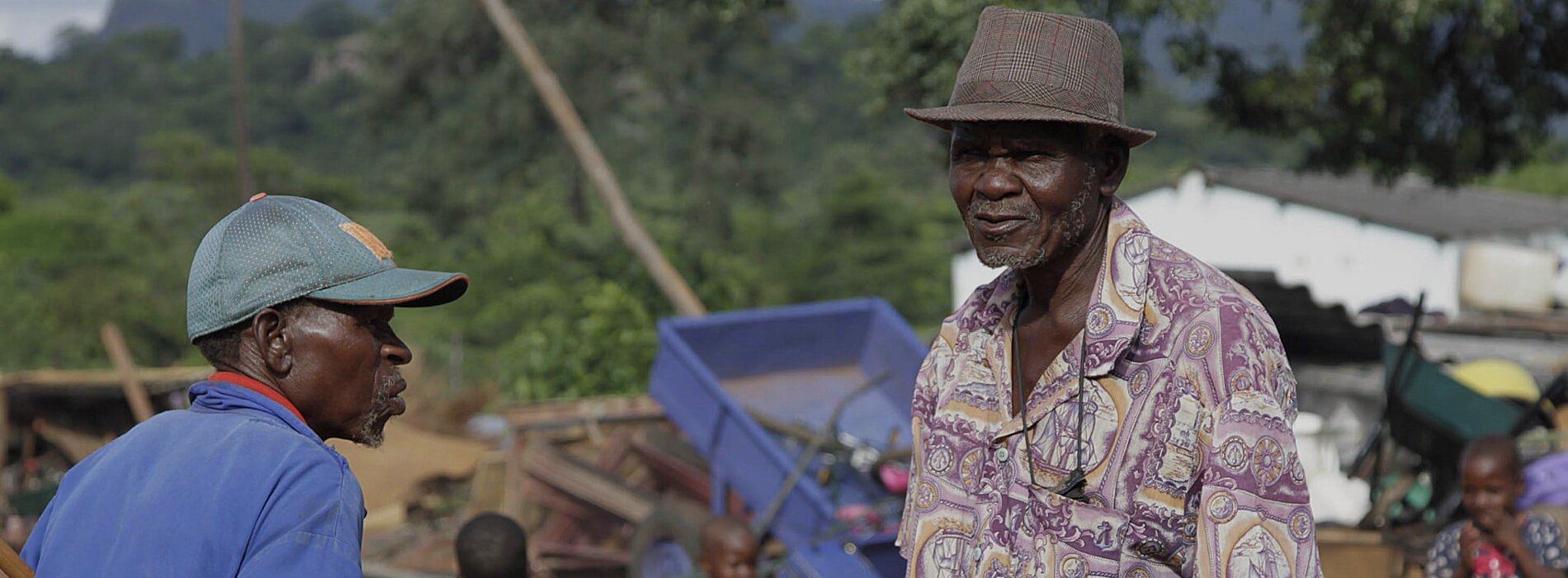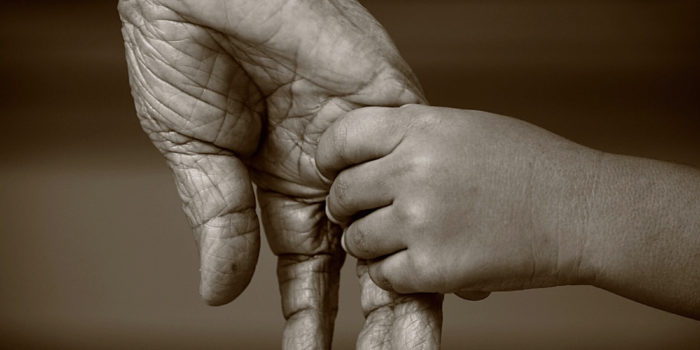The world’s population is ageing: virtually every country in the world is experiencing growth in the number and proportion of older persons in their population. According to data from World Population Prospects: the 2015 Revision, the number of older persons—those aged 60 years or over—has increased substantially in recent years in most countries and regions, and that growth is projected to accelerate in the coming decades.
Population ageing is poised to become one of the most significant social transformations of the twenty-first century, with implications for nearly all sectors of society, including labour and financial markets, the demand for goods and services, such as housing, transportation and social protection, as well as family structures and intergenerational ties.
UN has taken several action to address these issues, the first World Assembly on Ageing in 1982, which produced the “Vienna International Plan of Action on Ageing; the adoption of the United Nations Principles for Older Persons, highlighting independence, participation, care, self-fulfillment and dignity; Proclamation on Ageing; the declaration of the International Year of Older Persons. The Second World Assembly on Ageing held in Madrid in 2002 designed international policy on ageing for the 21st century and adopted a Political Declaration and the Madrid International Plan of Action on Ageing. The Madrid meeting urged member nations to develop policies on aging.
SITUATION ANALYSIS ON AGING IN NIGERIA
Nigeria launched its National Policy on Aging in 2014. As the most populous country in Africa, its demographic profile shows a total population growth rate of 3.2 percent per annum (NPC, 2009).The population is projected at 169,952,993 for 2012 and 186,965,085 for 2015 (NPC, 2009). According to reliable estimates, the elderly population in Nigeria will increase from 6.4 million in 2005, to 11.5 million in 2025 and 25.5 million in 2050 (United Nations, 2012). By this estimate, the elderly population will constitute about 10 percent of the total Nigeria population by year 2050. This implies that in less than 37 years, the population of elderly people in Nigeria will be more than the current population of Ghana and double the current population of Senegal. This quantum in itself and the challenges of changing social and economic order raise serious concerns on what the future holds for the elderly.
Notable among them are the marginalization of the elderly, the inadequacies of the provisions and administration of the retirement policy, and the increase in the number of elderly destitutes. The expected increase in life expectancy, the concomitant increase in the number and proportion of the old, and the diminished capacity of the extended family system in caring for the aged suggest the need for an old age policy and partnerships that can ensure economic well-being for the elderly and provides the socio-medical and community support services needed for their welfare.
NUMEROUS CHALLENGES OF AGING IN POST-COLONIAL CULTURAL HYBRID ENVIRONMENT IN NIGERIA
Great uncertainty about lifestyle maintenance; loss of earning power & financial/social security instruments ; diminishing power and control; loss of international connectivity & networks; diminishing dignity & relevance in society; loss of life -long learning opportunities; loss of life- long learning opportunities; fear of age related morbidity, isolation, loneliness ; sense of failure, guilt, non -achievement & depression; possibility of abandonment by family, friends & society; possibility of living & dying alone & in poverty; loss of home & dependency on others.
RATIONALE FOR BUTTERFLY PLACE INTERVENTION
One’s life journey is played out in lifecycles that span from birth to death. The ability to effectively cope with life challenges depends greatly on an early adoption of strategic life plans that include educational, social and economic security instruments; holistic healthy living habits; and easy access to affordable and quality healthcare throughout one’s life. The quality and timeliness of preparation for different lifecycles can impact positively or negatively on all aspects of one’s life, especially in one’s retirement and aging years; that are fraught with numerous social, health and financial challenges. The quality of aging and prolongation of life depend greatly on availability of quality health/eldercare; existence of culturally appropriate support systems, access to companionships and networks; and sense of continued relevance in society through knowledge sharing and legacy branding.
BP is committed to meeting these challenges of aging seniors “seenagers” 60 and above and mitigating the burden they place on their family caregivers by providing them with a very hospitable club environment where seniors can enjoy on daily or short-term basis, excellent services that lighten their families’ burden of managing seenagers’ aging challenges. The services include networking, companionship; heath care and hospitality fun activities.
In essence, seniors “seenagers” aged 60 and above are invited to BP to live out their “second act” of life in dignity; and with the cheerfulness with which a butterfly goes through its four life stages.
By Regina Amadi-Njoku
Founder, Butterfly Place



